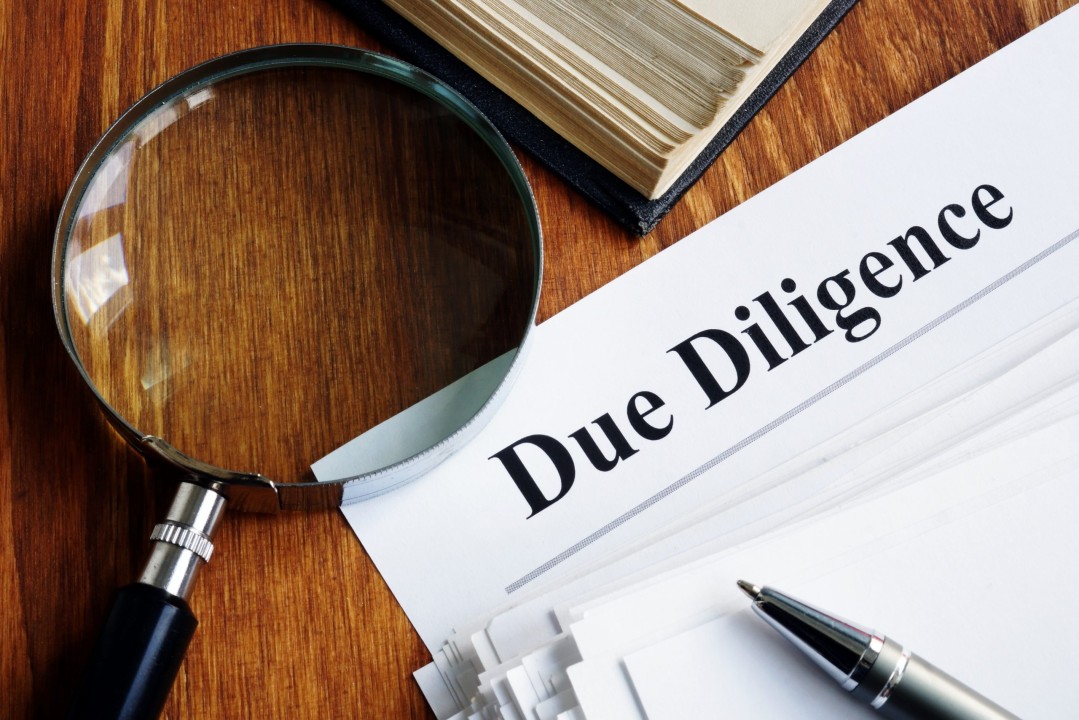Due diligence is required before signing any business leases when leasing commercial property. Businesses must perform a comprehensive study of the property and the conditions of the lease. Failure to do so may result in costly legal challenges, unanticipated costs, and other difficulties that have a detrimental influence on the operations of the organisation.
Understand The Terms & Conditions
You and the landlord have entered into a legally binding agreement that outlines each party’s duties and rights.
The lease’s duration, rent rates, security deposit requirements, maintenance obligations, and any early termination penalties or fees should all be carefully reviewed. It is critical to verify that the lease conditions are reasonable and that you are happy with the financial commitments and other provisions.
If you do your homework, you can negotiate cheaper rent or more beneficial maintenance duties. You might uncover places where you can negotiate better terms by properly examining the commercial leasing agreement.
Verify Property Condition & Suitability
Examining the property’s physical condition guarantees that it meets your company’s needs and is suitable for your operations. It is critical to evaluate the property for any necessary repairs or upgrades to make the area fit for your business. Inspecting for leaks or water damage, faulty electrical or plumbing systems, or the need for new flooring, walls, or ceiling repairs are all possibilities.
Structural integrity, on the other hand, is critical. Inspect the foundation, walls, roof, and windows to ensure they are intact and in good shape. Aside from the building’s condition, you must check that it has the amenities and services required for your business operations. This may entail examining parking capacity, the convenience of access for customers and staff, and the adequacy of utilities such as power, gas, and water.
Evaluate The Landlord’s Reputation & Track Record
This includes investigating the landlord’s previous experience as a property owner and manager, as well as assessing their reputation among renters and other landlords.
One way to assess their reputation is to read internet reviews on Google or Yelp or to look for news items or court issues regarding the property.
You can also contact existing or past tenants to enquire about their landlord’s responsiveness to maintenance requests, fairness in rent negotiations, and tenant rights adherence.
It is also critical to assess their property management track record. This involves investigating their property maintenance history, compliance with local and state rules, and potential emergency and other concerns.
The lease agreement must be carefully reviewed to verify that it contains all relevant terms and conditions and that the terms are fair and reasonable. Before signing the agreement, you should discuss any questions or concerns you have with the landlord.
Assess The Financial Health Of The Property
It is vital to assess the property’s financial condition. This might entail looking through any liens or debts on the property, as well as the property’s running revenue and costs. You should also go through any insurance plans, warranties, or guarantees associated with the building. Including this before signing can assist you in avoiding any financial hazards and ensuring that you are going into a solid and secure business leasing arrangement.
Identifying Legal Issues
A crucial legal concern is whether the property has the necessary planning permission. This might include requesting authorisation for a change in use, as well as any licenses and permissions necessary by local authorities.
You should also think about any environmental concerns that may be related to the property. This might include inspecting the property for potentially dangerous chemicals like asbestos or lead paint and confirming that it is clear of known contamination.
This can help you discover possible legal difficulties and protect your company from costly errors and lawsuits. To guarantee that your due diligence procedure is thorough, get legal advice by working with an experienced real estate advisor or experts in commercial lease law and disputes. They can help to answer any questions you might have, and resolve any issues before they spiral into something bigger.
Conclusion
Due diligence may help you prevent costly mistakes and legal issues, as well as guarantee that your rights as a renter are protected by the lease agreement. While the procedure is time-consuming and complicated, it is a vital step that will save you time, money, and problems in the long run. Whether you operate a small business or a huge corporation, it is an important component of the commercial leasing process that should not be disregarded.
